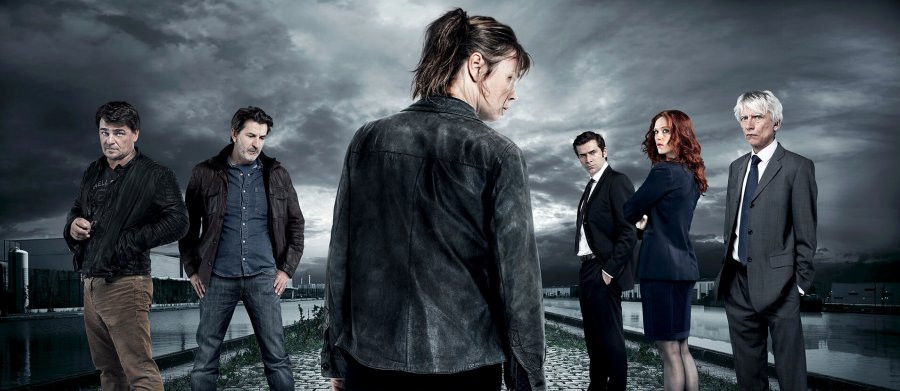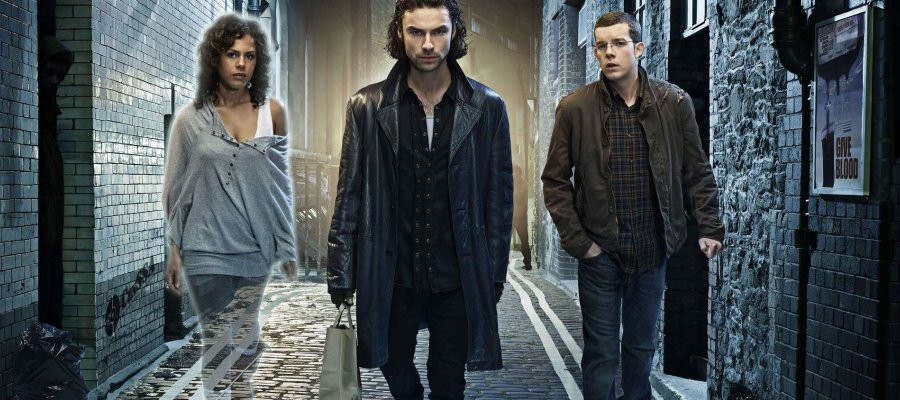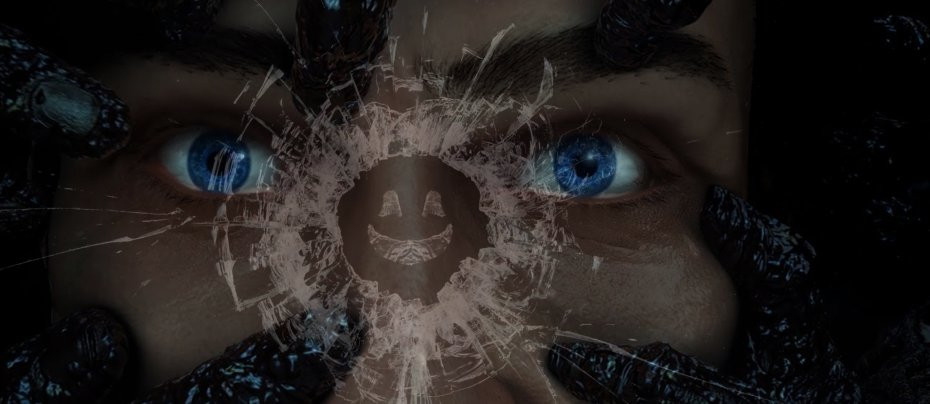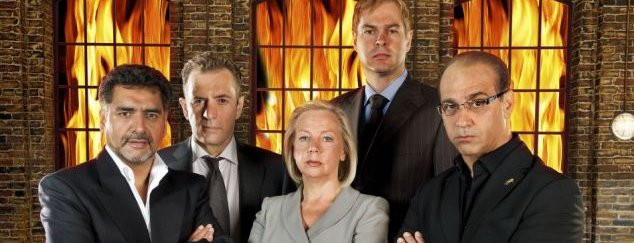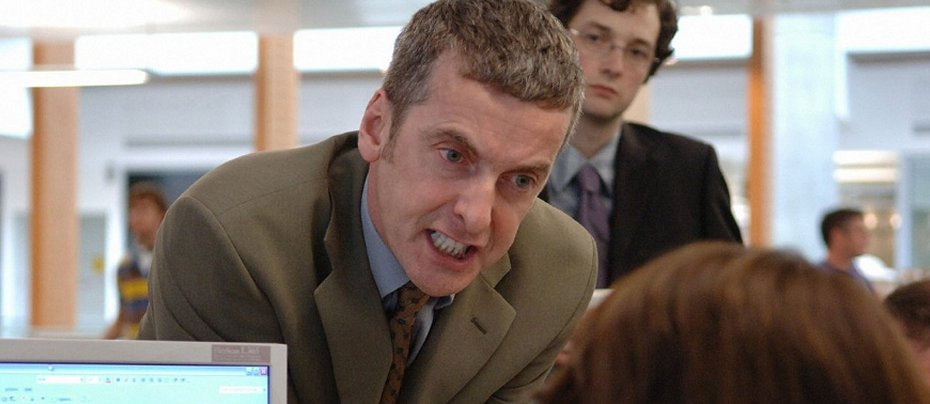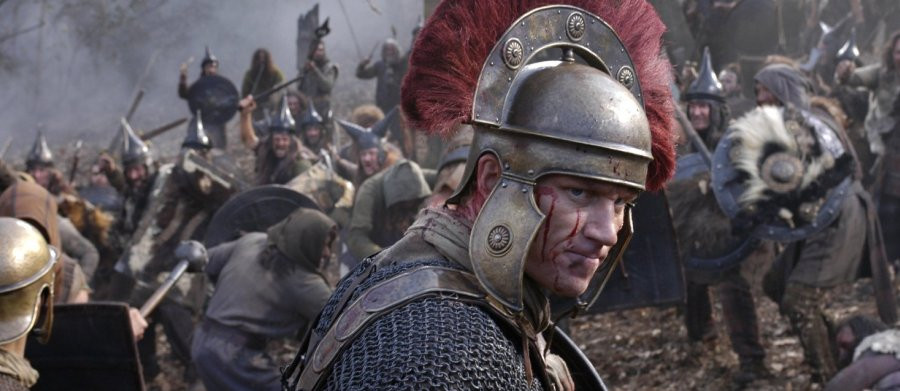
Medium
2005 - United StatesReview: John Winterson Richards
There was nothing inevitable about the antipathy between the entertainment industry and organised religion. The Catholic tradition has always appreciated the value of a good show. It was the Puritan strand of Protestantism that took a dimmer view of "frivolity." One cannot help thinking how different things would be if, instead of trying to close the theatres in Shakespeare's day, the Puritans had tried writing their own Puritan plays for them. After all, in spite of their similar disapproval of novels, 'The Pilgrim's Progress' did them no harm.
For their part, worldly producers of worldly entertainment, being worldly, have been happy to go wherever they can find a market, and to provide entertainment even for the religious when the religious have not provided it themselves.
That particular market has changed in recent years. While specifically denominational broadcasting has for the most part migrated to dedicated channels, there is still money to be made in the mainstream by "spiritual but not religious" programming. The retreat of organised religion from the mainstream has not led to the rise of atheism but to a "pick and mix" consumerism in theology. Consumers still want the comforting bits of organised religion - like belief in the afterlife and angels - except without the more difficult obligations that come with it like self control, self denial, and self sacrifice.
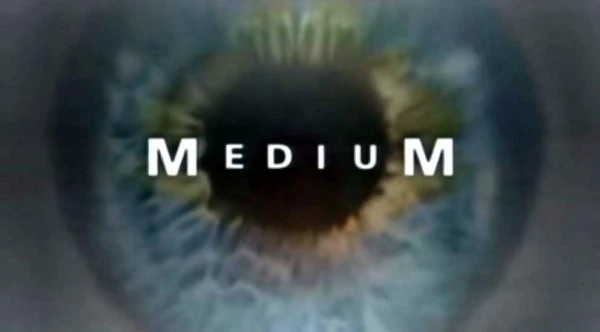
This has led to the development of a genre of nondenominational "supernatural" shows, of which Medium is one of the best, despite both orthodox faith and irreligion being united in their suspicion of people who claim to communicate with the dead. The basic premise is not really that original: a woman receives messages from the afterlife - the rules of which are never made clear - that help her solve and prevent crimes.
What makes Medium different is that it explores very intelligently how this would impact on her psychology, her family life, and her career. Indeed, Medium starts from the base line of one of the most credible television portraits of American middle-class life in any genre. This is principally not about the "supernatural" but about a family that worries about paying the bills more than about any existential meaning. It is building from this firm foundation of authenticity that the plot can then move on to stranger things without making them seem too unreal.
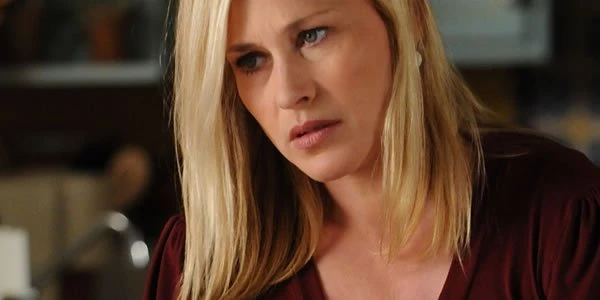
So when happily married mother of three Allison DuBois starts having nightmares, visions, and even personal visits from the dead with accurate but usually incomplete information about crimes, she cannot just waltz off and investigate. She has the kids to pick up, and, in any case, who is going to pay for the fuel, let alone her time? Remember those bills? Allison does. They are a constant refrain.
Facing initial scepticism about her experiences from all sides, she finally convinces the District Attorney, who then faces a moral dilemma: can he ignore Allison's abilities, knowing that they might save lives and prevent injustices, but also knowing that they are not lawful evidence? He chooses morality over legality, and gives Allison a low paid job as an investigator, ostensibly a consultant on jury selection, because both of them are terrified of the consequences of it being made public where she really gets her information.
Apart from the odd two- or three-parter, the mystery plots were usually self-contained within single episodes, the longer story arcs being dominated by the story of the DuBois family, including the careers of Allison and her engineer husband Joe.
This means that there was a wide variation in the tone, style, and quality of individual episodes. Some of the best are comparable with the best of The Twilight Zone, but, again like The Twilight Zone, others were less impressive. A formula developed: in the first act, Allison would have a bad dream or whatever, starting her off on an investigation; in the second, more information from the dead would encourage her in her quest; in the third, yet more information would arrive, but still not the full story, leading Allison to a false conclusion that discredited her; and in the fourth, the full picture would be revealed to her and she would be vindicated.
One would think that she would have worked out after the first few episodes that she was best waiting for the fourth night before doing anything about her dreams, but never mind.
An erratic production history also meant that there was an even greater variation in tone and style between seasons, with some being slightly more "adult" than others.
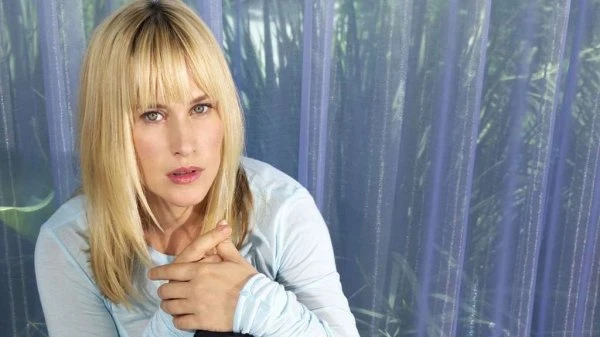
The constant factor throughout, the beating heart of the show, is a warm and likeable performance by Patricia Arquette as Allison. Although she may not be the greatest acting technician - it is sometimes hard to be sure if she is laughing or crying - Arquette maintains that rarest and most challenging of characterisations, a decent, kind hearted "ordinary" woman who remains determined, even in the face of considerable adversity, to try to do the right thing. Such "ordinary" people are in fact very extraordinary, not least in television drama, which prefers psychopaths and people with "issues" - the showy roles that get the awards but which are in fact not as difficult as the normality Arquette pulled off perfectly for seven seasons.
Almost as good is the versatile British-born Jake Weber as Allison's husband, Joe. Weber copes well with the thankless task of being the permanent "voice of reason," expressing gentle scepticism in response to Allison's claims - with the whole audience screaming at the television "Come on, Joe, you should know by now that Allison is always right about these things!"
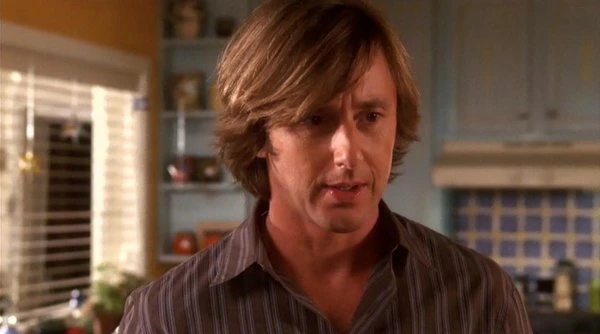
It is a tribute to both the actor and the character that Joe still retains our sympathy. However, excellent as they are, Arquette and Weber are both blown off the screen whenever they share a scene with Maria Lark as their wonderfully serious-faced middle daughter, Bridgette.
Sofia Vassilieva as the eldest DuBois daughter, Ariel, deserves credit for rising above the writers never really making up their minds how mature the character is meant to be: in one episode, they might write her as a precocious teenager, only to treat her as a nine year-old in the next.

The District Attorney, Manuel Devalos, suffers from a similar inconsistency of writing, sometimes a close friend to Allison, sometimes a distant superior. Happily, the experienced Miguel Sandoval, previously best known for Murder One, brings both dignity and affability to the table, and can shift easily from one to the other at will as the script demands.
It is not his fault that the District Attorney in Phoenix, Arizona, seems to run the whole criminal justice system there on his own - appearing at trials in person, leading investigations, and getting up early in the morning to visit crime scenes. What are all those extras we see in his office actually doing? Is there no police force in Phoenix, apart from the one Detective, Lee Scanlon (David Cubitt), and the guys who tape off those crime scenes for the DA to visit?
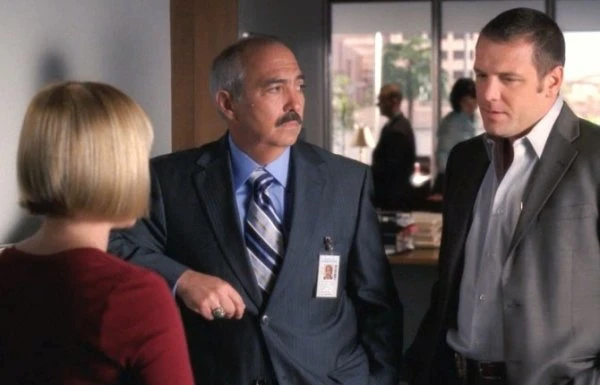
Such dramatic liberties are of course common in police procedurals. So is the way most crimes are apparently homicides among the rich and powerful - even if paying more attention to such cases than to the far greater number in "projects" and "barrios" is also a well-documented phenomenon all too observable in the world in which we live.
The implication of seeing it in Medium is that neither is there any more equality in the afterlife. Either that or half the population of Phoenix are multimillionaires or members of the City Council or both - which means they are statistically almost certain to be the victim, perpetrator, or prime suspect in a major crime investigation, probably murder. It is particularly bad news for a character to be introduced as an old friend of Manuel Devalos - the equivalent of being an old friend of Captain Kirk and handed a red shirt in Star Trek.
As a full network production, Medium retained a strong bench of recurring characters. The most welcome was laconic Texas Ranger Captain Push, played by Arliss Howard, a character who really ought to have been given his own "spin off" show.
Strong casting extended to the more occasional guest spots, quite a few of which just happened to be filled by other members of the Clan Arquette, among other recognisable names. Yet the most memorable guest star was not really a guest at all, because he was also an executive producer of the show, Kelsey Grammer, who appeared as the Angel of Death in an appropriately witty episode. It was a missed opportunity that he did not come back for more.
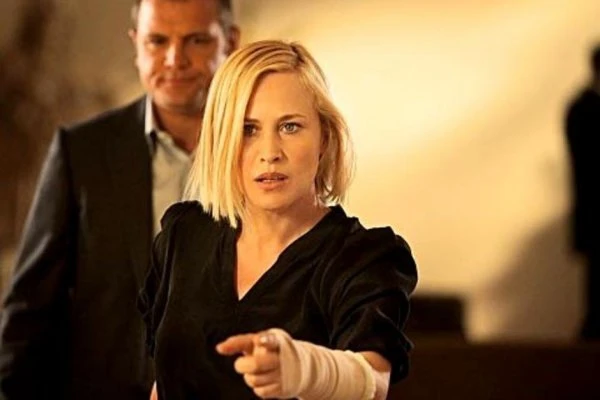
Despite the inconsistencies between episodes, the scripts were generally sharp and perceptive, which was only to be expected, given that the head writer was Glenn Gordon Caron, who, after learning his craft on Remington Steele, was responsible for the influential Moonlighting. The character of Allison DuBois is supposedly based very loosely on a real life married mother of three of the same name who claims to have used psychic powers to help the Texas Rangers and other police forces. Those claims have not been validated by those organisations.
Seen this show? How do you rate it?
Seen this show? How do you rate it?
Published on March 12th, 2020. Written by John Winterson Richards for Television Heaven.




